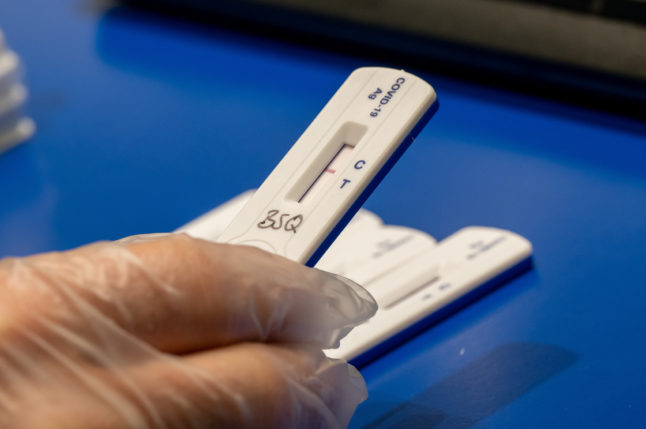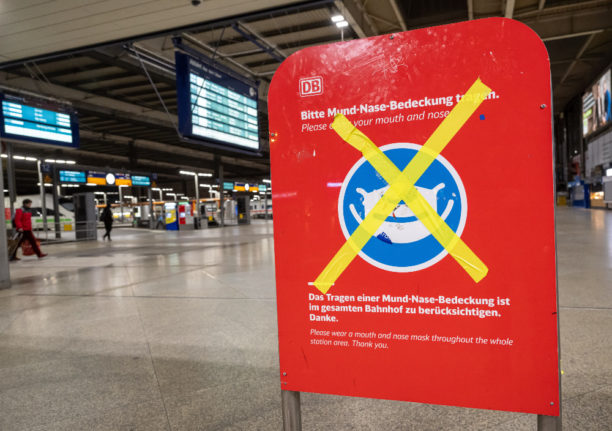Politicians from the pro-business Free Democrats, who are in the coalition government with the Social Democrats and the Greens, say they want a debate on ending the Covid isolation requirement in Germany.
“From my point of view, it is overdue, both epidemiologically and for reasons of personal responsibility, to leave this decision to the people again – as other European countries have done for a long time,” FDP vice president Wolfgang Kubicki said.
FDP Secretary General Bijan Djir-Sarai expressed similar views, and warned of staffing problems due to isolation obligations.
“We will face enormous challenges in system-relevant areas if we send masses of people who have tested positive without symptoms into isolation,” he told the Rheinische Post on Monday.
The rules on isolation differ from state to state, but the general requirement is that those who test positive for Covid have to go into isolation at home and avoid all contact with people outside the household. The isolation period lasts at least five days or a maximum of 10 days.
In some states, and for hospital and care workers, a negative test is required to end the isolation period early.
READ ALSO: Germany sets out new Covid isolation rules
Over the weekend, Andreas Gassen, chairman of the board of the National Association of Statutory Health Insurance Physicians, spoke out in favour of ending all Covid isolation and quarantine obligations.
These should be “lifted until further notice – this would alleviate the staff shortage in many places”, Gassen told the Neue Osnabrücker Zeitung. Those who are sick should stay at home, while those who feel healthy go to work, he said.
READ ALSO: The Covid rules in place across German states
However, not everyone is on board.
The Greens’ health politician Saskia Weishaupt said the firm rules should stay in place.
When people go to work, they should not be exposed to the risk of contracting the disease, she told the Funke Mediengruppe.
Meanwhile, Health Minister Karl Lauterbach (SPD) made it clear over the weekend that he did not back the proposal.
“Infected people must stay at home. Otherwise, not only will the number of (Covid) cases increase even more, but the workplace itself will become a safety risk,” he wrote on Twitter.
Germany has seen a spike in the number of Covid infections recently, fuelled by the highly transmissible Omicron BA.5 subtype.
READ ALSO: Germany’s summer Covid wave set to get worse, say experts



 Please whitelist us to continue reading.
Please whitelist us to continue reading.
Member comments